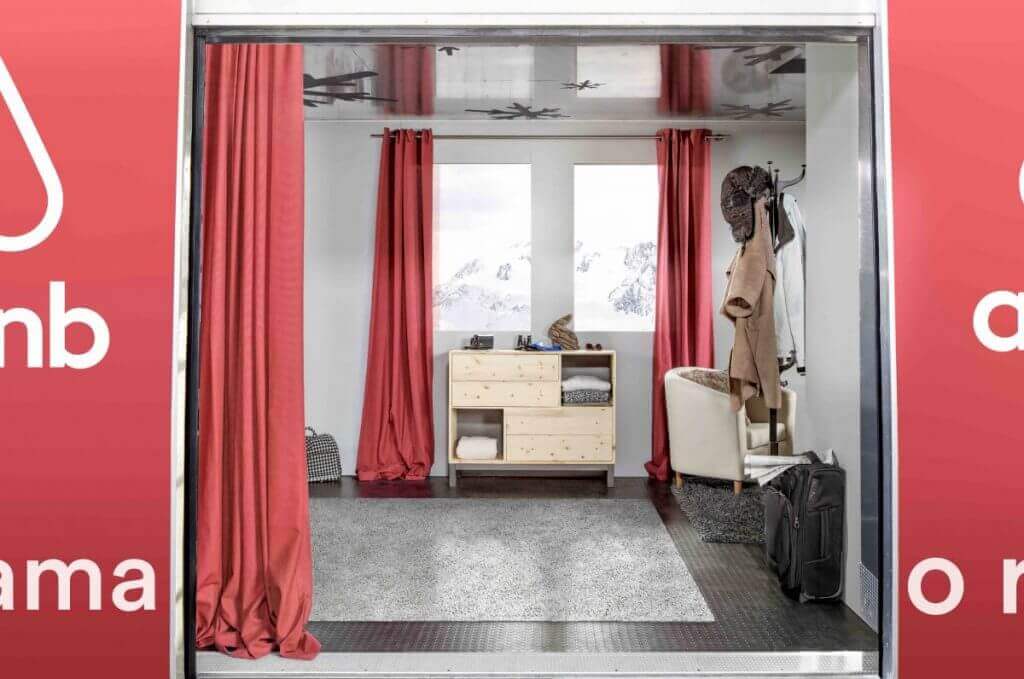
The experience of staying in an Airbnb listing is simultaneously an argument for and against the platform. On the one hand, every space is unique and quirky; on the other hand, unique and quirky can sometimes pose challenges on a massive scale.
The struggle to overcome those challenges was on display last week when the 10-year-old company threw itself a three-day birthday celebration to unveil a slew of improvements to its core service of connecting strangers online who are looking for short-term accommodation.
Many of the new changes are designed to incentivize the company’s 400,000 landlord partners (who it calls hosts) to create a more predictable experience for travellers, while at the same time pushing its unique listings ever higher into the luxury tier of hospitality.
“Airbnb is still not for everyone, until today,” co-founder and chief executive Brian Chesky said at San Francisco’s Masonic Auditorium, while standing onstage in front of a giant screen displaying the slogan “Airbnb for everyone.”
Airbnb has been remarkably successful in its first decade. It has recorded 300 million check-ins by guests and there are 4.5 million places to rent on the platform. By comparison, the world’s biggest hotel company, Marriott International, has 1.15 million rooms, and Airbnb would still lead even if you combined Marriott and the other top-three hoteliers (Hilton Worldwide, InterContinental Hotels Group and Wyndham Hotel Group).
It hopes to get to a billion room rentals, and as its growth has slowed in its strongest markets, it is turning to some of the lessons of the old-style hospitality business: uniformity and predictability.
The company recently rolled out a new program called Airbnb Plus, which entices hosts to apply for better promotion and higher rates, but also demands they meet a 100-point checklist of hospitality quality (as verified with an in-person inspection by an Airbnb contractor). Airbnb Plus launched with 2,000 listings in 13 cities (Toronto included) but aims to hit 75,000 listings by year’s end.




